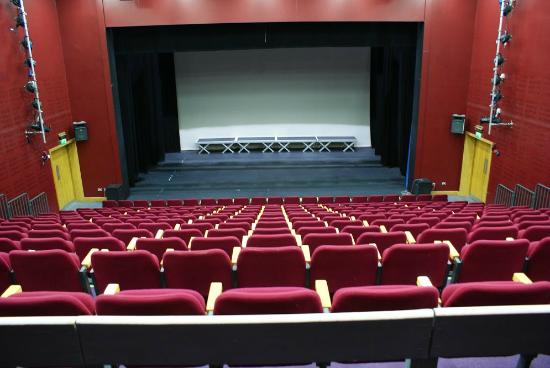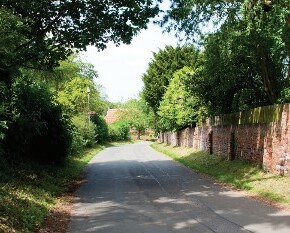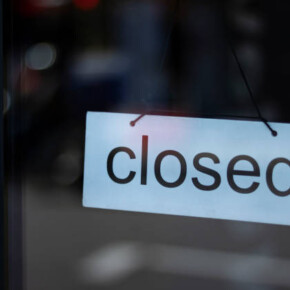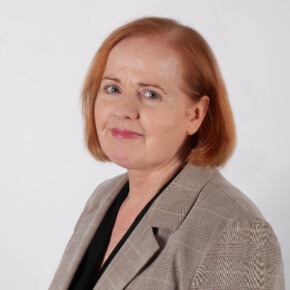Alarming report shows disturbing drug trend
Dublin People 02 Nov 2013
ADMISSIONS to a locally based drug treatment centre are up by 37 per cent with many new clients presenting with cross-addictions to combinations of alcohol, cocaine and benzodiazepine pills.
The annual report from Coolmine Therapeutic Community shows a sharp decline in the use of heroin in the Dublin area but a worrying increase in the use of benzodiazepine, a psychoactive drug used for treating depression and other mental disorders.
The treatment centre dealt with over 1,000 individuals in 2012, some of whom were the third generation of their families presenting with addiction problems.
Coolmine, like all drug and alcohol treatment service providers, is struggling to cope financially and is now calling on pharmaceutical and alcohol companies to contribute to funding its programmes and facilities.
New admissions to Coolmine increased in 2012 by 37 per cent compared to 2011 when 271 individuals received primary phase treatment across Coolmine services.
This figure rose to 372 clients receiving primary phase treatment in 2012, partly due to the treatment centre increasing its capacity in both of its residential services to meet demand in mid-2012.
Chief Executive of Coolmine, Pauline McKeown, said the rise in addictions to alcohol and benzodiazepine was of major concern.
“There has been a dramatic rise in addiction to this cocktail, particularly in the Greater Dublin area,
? she said.
“We believe this is due to the ease of access to alcohol and benzodiazepine. Also, it is not an offence to have these two drugs in your possession.
?
Coolmine Therapeutic Community is now urging the pharmaceutical and alcohol industries to become stakeholders with health services, the medical profession and therapeutic communities to support and fund services that prevent and treat addiction in Ireland.
“As the problem grows, we ask pharmaceutical and alcohol companies to contribute to funding the programmes and facilities, like Coolmine, to make sure that there is a practical plan to prevent misuse of drugs and alcohol and to help those with addictions,
? Ms McKeown said.
Last year 56 mothers with their families availed of mother and child services at Coolmine. This represents a substantial increase on 2011 numbers and an extra childcare worker was employed to meet demand in the crèche.
The Coolmine team also carried out 34 detoxifications during the year, thanks to the support from the HSE’s social inclusion unit.
Building on existing housing strategies, Coolmine continued to work with Focus Ireland and entered into a memorandum of understanding with the Peter McVerry Trust to improve housing standards and opportunities for clients.
However, Coolmine’s services are now more reliant than ever before on the generosity of the public and corporate support. The centre says its own preliminary findings show that 64 per cent of clients who accessed Coolmine services remain drug free after six months, more than double a national average of just 29 per cent.
Over half of clients (52 per cent) entering residential treatment stay with the therapy for six months or longer. The report also found that clients are no longer predominantly from Dublin.
Since January, over 50 per cent of all new admissions to residential services originate from outside the capital.











